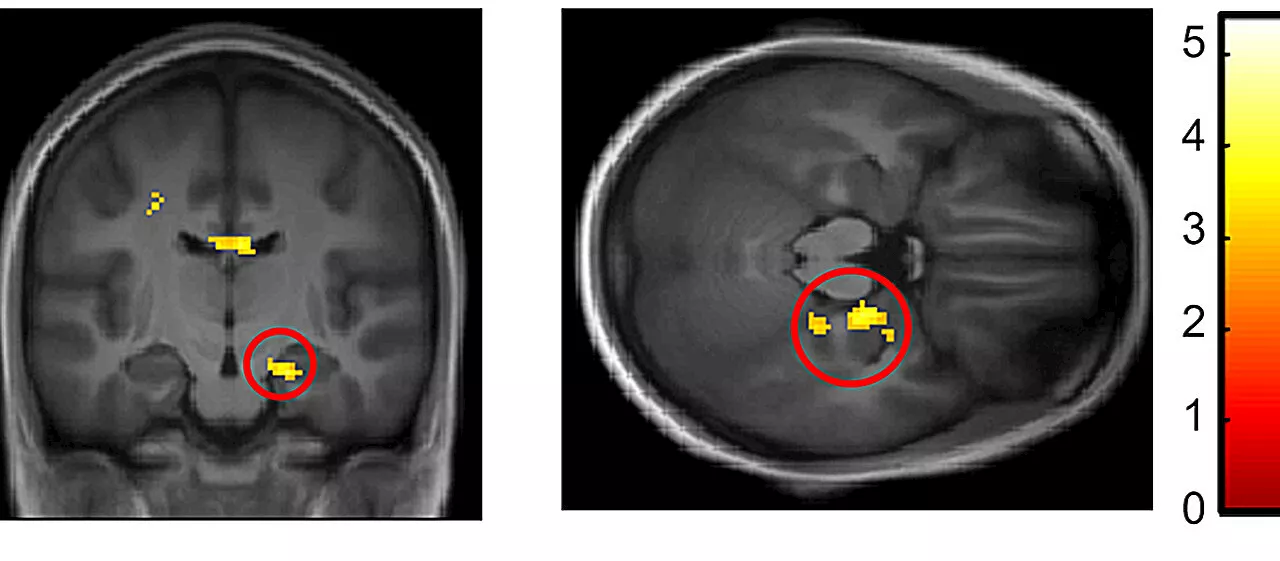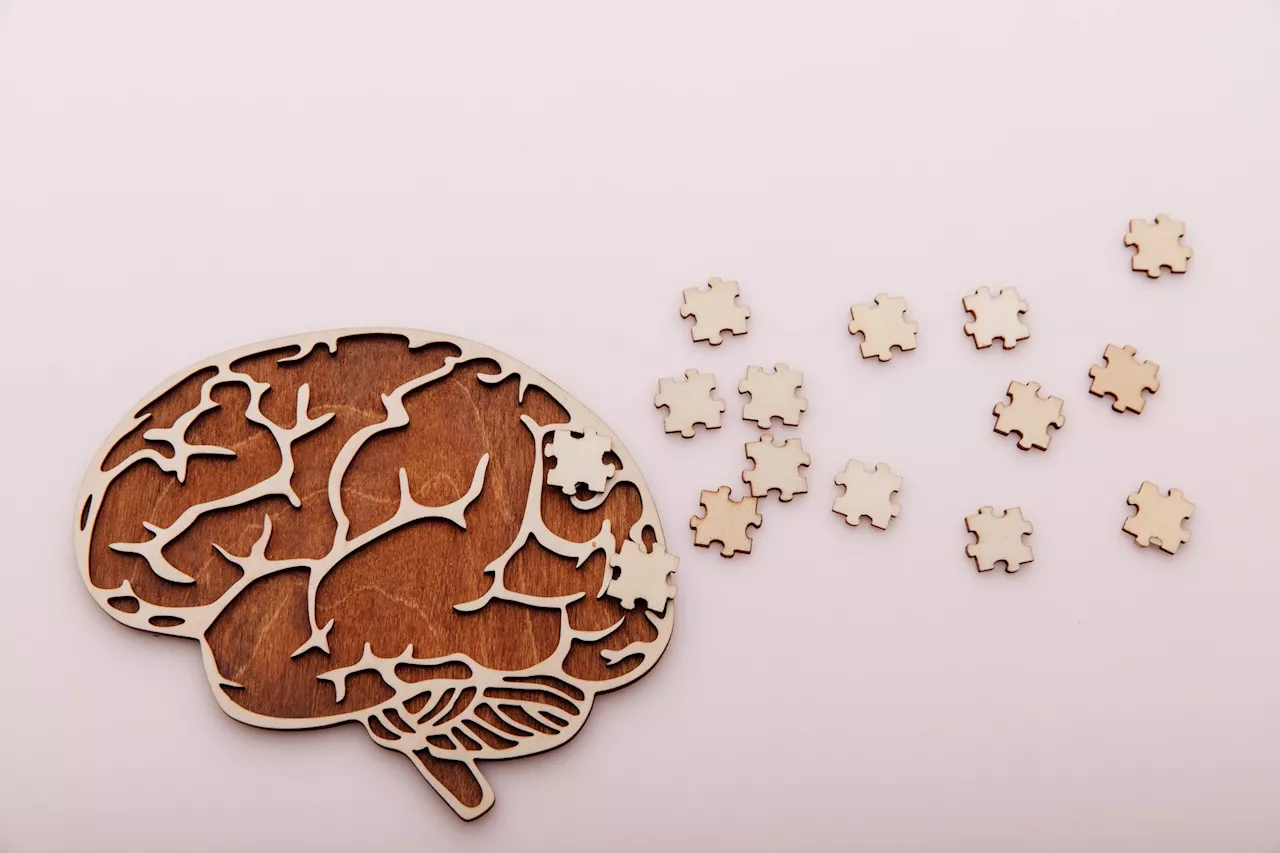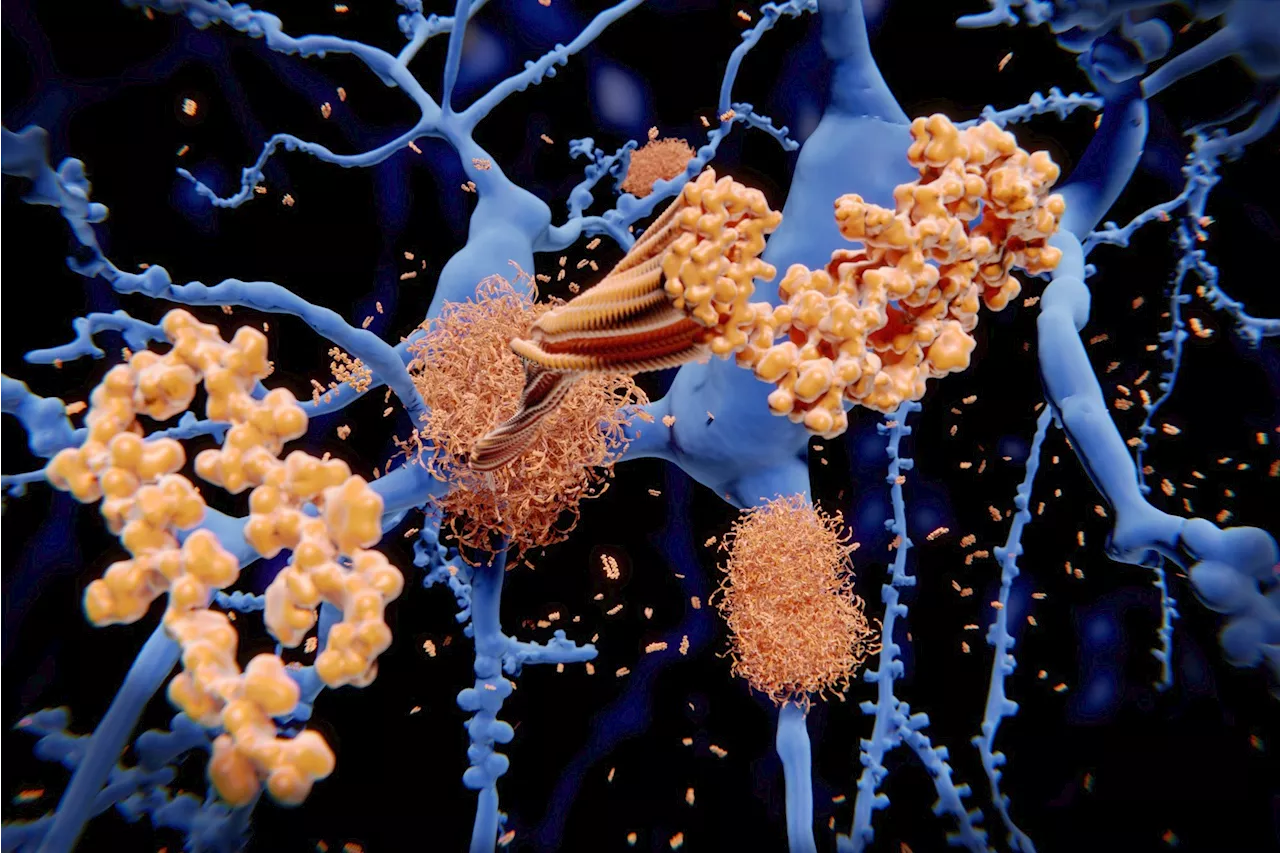A method for predicting Alzheimer’s disease (AD) progression.
By Tarun Sai LomteReviewed by Lily Ramsey, LLMJun 27 2024 In a recent study published in Alzheimer’s & Dementia , researchers developed a method for predicting the progression of Alzheimer’s disease .
By contrast, neuropsychological tests are the most accessible for cognitive decline assessment. Computer-based approaches have been tested for predicting MCI-to-AD conversion using NPTs. Speech in NPTs can be used to predict cognitive decline. The study focused on MCI-to-AD progression and not on normal cognition to MCI or AD because of the limited utility of NPTs in predicting cognitive decline without cognitive deterioration.
A logistic regression model was trained on the quantitative data associated with each sub-test content. Embeddings from abbreviated versions were used as independent input, generating multiple scores for each transcript. Findings Of the 166 subjects with MCI, 90 progressed to AD dementia within six years. AD dementia included mixed dementia and AD with/without stroke. The mean time to AD was 2.7 years.
Artificial Intelligence Dementia Diagnostic Drugs Education Neuroimaging Pathology
United States Latest News, United States Headlines
Similar News:You can also read news stories similar to this one that we have collected from other news sources.
 New AI program analyzing speech patterns could predict likelihood of Alzheimer's diseaseTrying to figure out whether someone has Alzheimer's disease usually involves a battery of assessments—interviews, brain imaging, blood and cerebrospinal fluid tests. But, by then, it's probably already too late: memories have started slipping away, long established personality traits have begun subtly shifting.
New AI program analyzing speech patterns could predict likelihood of Alzheimer's diseaseTrying to figure out whether someone has Alzheimer's disease usually involves a battery of assessments—interviews, brain imaging, blood and cerebrospinal fluid tests. But, by then, it's probably already too late: memories have started slipping away, long established personality traits have begun subtly shifting.
Read more »
 Automated prediction of Alzheimer's disease progression using speech and machine learningTrying to figure out whether someone has Alzheimer's disease usually involves a battery of assessments-;interviews, brain imaging, blood and cerebrospinal fluid tests.
Automated prediction of Alzheimer's disease progression using speech and machine learningTrying to figure out whether someone has Alzheimer's disease usually involves a battery of assessments-;interviews, brain imaging, blood and cerebrospinal fluid tests.
Read more »
 Investigating hyperactivation of memory circuits and Alzheimer's disease riskBy exploring the effects of sport on memory, scientists at UNIGE have discovered compensatory mechanisms in the brains of young individuals at genetic risk of developing Alzheimer's disease.
Investigating hyperactivation of memory circuits and Alzheimer's disease riskBy exploring the effects of sport on memory, scientists at UNIGE have discovered compensatory mechanisms in the brains of young individuals at genetic risk of developing Alzheimer's disease.
Read more »
 New Alzheimer's drug LM11A-31 shows promise in slowing disease progression in clinical trialA recent study in Nature Medicine found that LM11A-31, targeting the p75 neurotrophin receptor, is safe and shows promise in slowing Alzheimer's disease progression. The trial indicated significant biomarker improvements and potential benefits for further clinical investigation.
New Alzheimer's drug LM11A-31 shows promise in slowing disease progression in clinical trialA recent study in Nature Medicine found that LM11A-31, targeting the p75 neurotrophin receptor, is safe and shows promise in slowing Alzheimer's disease progression. The trial indicated significant biomarker improvements and potential benefits for further clinical investigation.
Read more »
 Study finds Plexin-B1 could be key to Alzheimer’s treatment, enhancing glial cell responseResearchers discovered that Plexin-B1 plays a crucial role in regulating peri-plaque glial nets in Alzheimer’s disease, potentially opening new avenues for treatment by targeting this protein.
Study finds Plexin-B1 could be key to Alzheimer’s treatment, enhancing glial cell responseResearchers discovered that Plexin-B1 plays a crucial role in regulating peri-plaque glial nets in Alzheimer’s disease, potentially opening new avenues for treatment by targeting this protein.
Read more »
 Study discovers strange symptom that could be first early sign of Alzheimer'sResearchers have discovered a potential red flag sign for Alzheimer's disease that is extremely debilitating for both the sufferer and their family.
Study discovers strange symptom that could be first early sign of Alzheimer'sResearchers have discovered a potential red flag sign for Alzheimer's disease that is extremely debilitating for both the sufferer and their family.
Read more »
